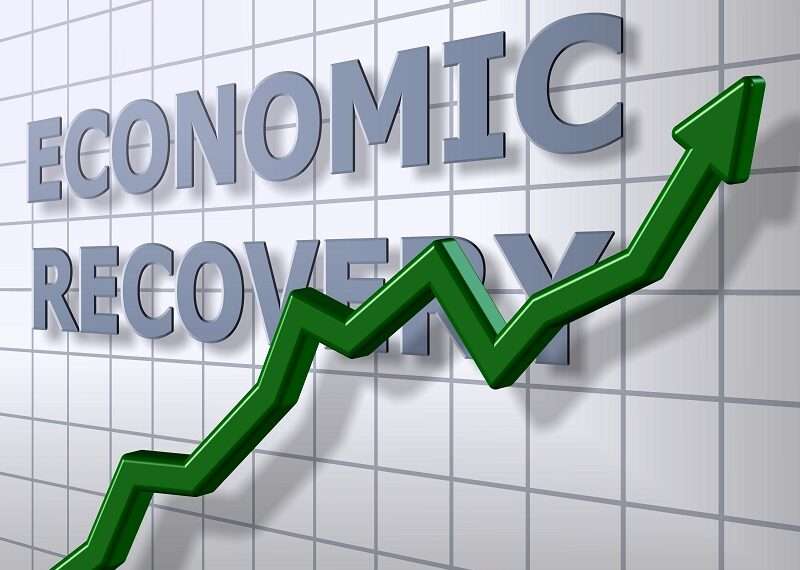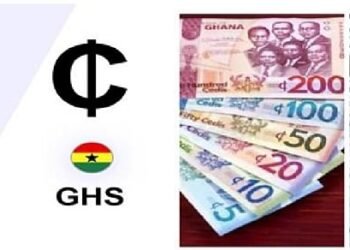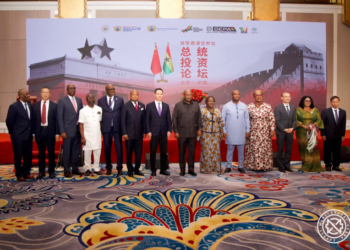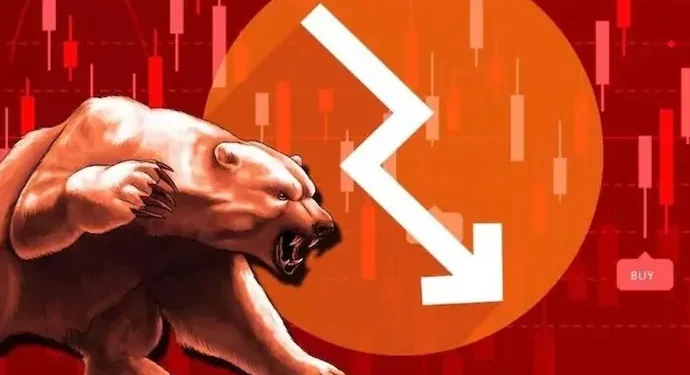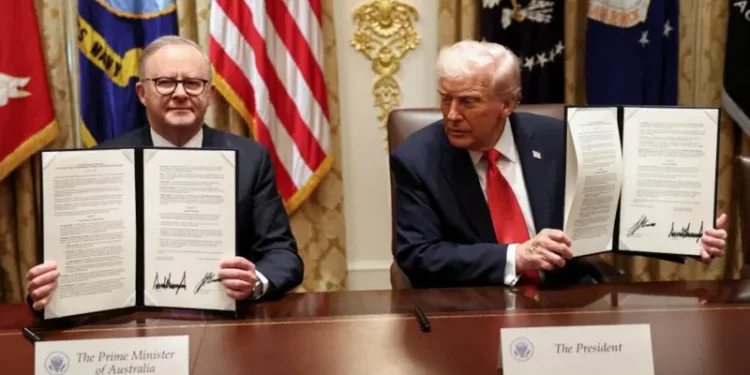Former Deputy Minister of Finance and Member of Parliament for Cape Coast South, George Kweku Ricketts-Hagan, has proposed a solution to Ghana’s ongoing economic crisis.
Ricketts-Hagan believes that Ghana needs a fiscal space of up to five years to achieve economic recovery. He suggested that this can be accomplished by renegotiating the country’s external debt effectively.
He also expressed skepticism about the International Monetary Fund’s (IMF) prescriptions, stating they will not resolve the country’s current economic issues.
He made this suggestion on May 18, 2024, during discussions on the impact of the cedi’s depreciation on the cost of doing business in Ghana.
“The problem of our currency now and of economy, is not about how much haircut you get, but it is actually about how much space you get within the next three to five years. So, the proper solution is to renegotiate our debt by refinancing the whole international bond market and get a fresh start”.
“A fresh loan that will give us a clean slate and structure a bond that will give us a three-year zero-coupon bond and start some amortization that will be going up.”
George Kweku Ricketts-Hagan
Mr. Ricketts-Hagan emphasized that the current debt restructuring proposals are inadequate. He explained that what the government has on the table is just the usual ‘haircut’ approach, which the creditors are not accepting. These are “seasoned negotiators,” he said. He opined that the government is stalling, anticipating that the NDC will come to power and inherit the debt problem.
“When we come, we will have no choice but to negotiate that external debt. We will have to start paying one day“. – George Kweku Ricketts-Hagan
“If it happens like that, maybe we will be able to have the trust to start a better negotiation than what is on the table.” – George Kweku Ricketts-Hagan
Mr. Ricketts-Hagan however criticized the IMF’s approach to the ongoing debt negotiations. “The IMF is pushing us to do this negotiation without understanding what is happening in the international capital market.”
He pointed out that, “The IMF is good at helping you negotiate a multilateral and bilateral kind of transaction, however negotiating with external creditors is new. “We’ve never done it before,” he said.
He warned that following the IMF’s advice to seek a percentage cut off the debt is not the solution. “What we need is fiscal space to be able to build our economy,” he stressed.
IMF’s Optimistic About Ghana’s Economy
Yet, the International Monetary Fund (IMF) highlighted that the government’s dedicated policy and reform initiatives are yielding positive results, leading to signs of economic stabilization.
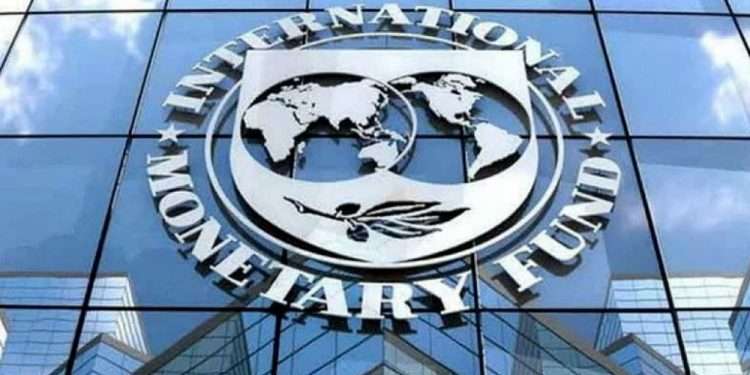
The Fund reported that growth in 2023 surpassed expectations, with inflation decreasing rapidly. Additionally, improvements have been observed in both fiscal and external positions, accompanied by a notable reduction in exchange rate volatility.
During a press briefing, Director of Communications, Julie Kozack, expressed satisfaction with the progress made by the authorities, including the central government and the Bank of Ghana, in their efforts towards comprehensive debt restructuring.
“The authorities are making good progress on their comprehensive debt restructuring. The domestic debt exchange was completed last year, and on January 12th, the government reached agreement in principle with its official bilateral creditors. Ghana is also engaging with external private creditors to seek their support.”
Julie Kozack
On April 13, the International Monetary Fund (IMF) staff and Ghanaian authorities reached a staff-level agreement for the second review of the Fund-supported program.
The goal is to present the review to the IMF’s Executive Board by the end of June 2024. Once approved by the Board, the review would give Ghana access to about $360 million.
READ ALSO: Fitch Revises Outlook of 5 Major Banks To Positive



